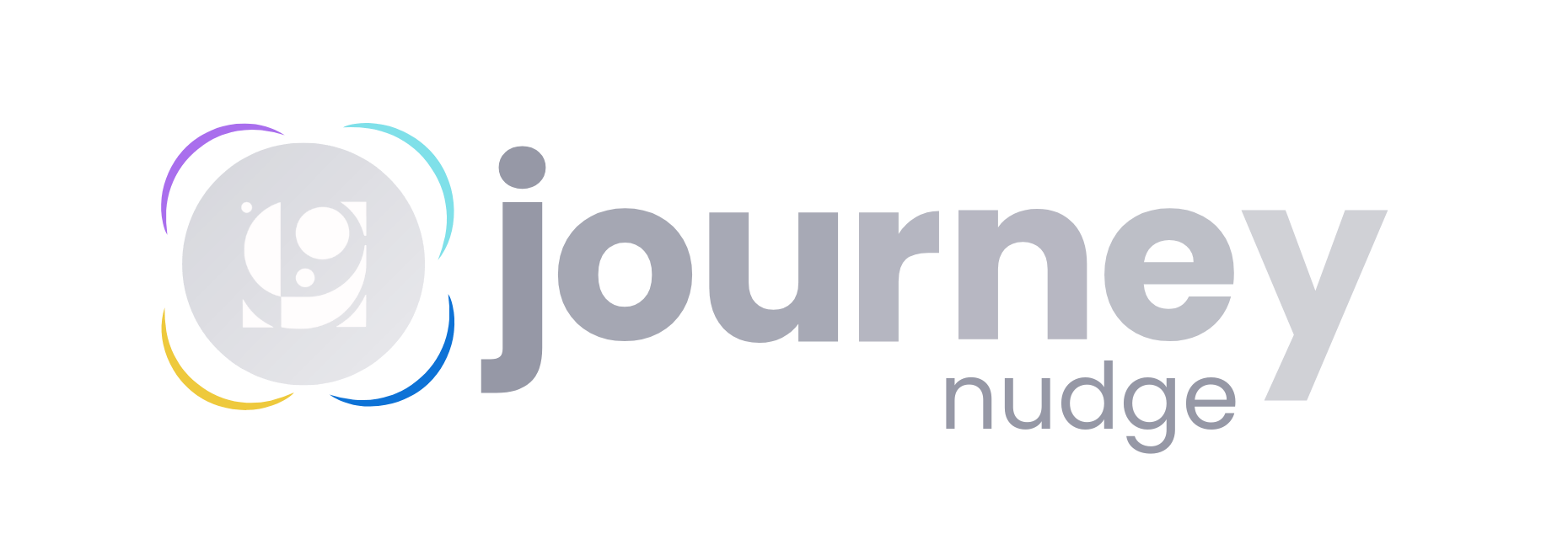Strengths of an ENFP
As an ENFP (Extroverted, Intuitive, Feeling, Perceiving) personality type, you may be well-suited to a career in business, as ENFPs are known for their creativity, adaptability, and ability to see the big picture. Here are a few things you may want to consider as an ENFP in business:
- Leverage your strengths: As an ENFP, you may excel at coming up with innovative ideas and finding new ways to approach problems. You may also be skilled at building strong relationships and connecting with others. These traits can be valuable assets in a business setting.
- Focus on your goals: ENFPs often have a strong sense of purpose and a desire to make a positive impact in the world. It can be helpful to identify your career goals and focus on ways to align your work with your values and passions.
- Take on new challenges: ENFPs tend to thrive on variety and novelty, so you may be drawn to roles that allow you to take on new challenges and learn new things. Consider seeking out opportunities to try new things and take on new roles within your organization.
- Build a supportive network: ENFPs often rely on strong relationships to provide motivation and support. Building a network of colleagues and mentors who can offer guidance and encouragement can be helpful in your career.
- Be open to change: ENFPs are known for their adaptability, which can be a valuable trait in a business setting where change is constant. Be open to new ideas and approaches, and be willing to pivot when necessary.
Weaknesses of an ENFP
As an ENFP (Extroverted, Intuitive, Feeling, Perceiving), some potential blindspots to be aware of and work on may include:
- Discomfort with structure and routine: ENFPs often prefer flexibility and variety in their environment, which can make it challenging for them to stick to a set schedule or adhere to strict rules and procedures.
- Difficulty making decisions: ENFPs tend to see multiple possibilities and options in any given situation, which can make it difficult for them to settle on a single course of action.
- Struggles with follow-through: ENFPs may have difficulty following through on tasks and projects, especially if they become bored or uninterested.
- Sensitivity to criticism: ENFPs are highly sensitive to the feelings of others and may take criticism personally, leading to feelings of hurt or resentment.
- Procrastination: ENFPs may struggle with procrastination, particularly if they become overwhelmed or stressed.
- Difficulty with organization: ENFPs may have difficulty staying organized and keeping track of details, which can lead to disarray in their personal and professional lives.
It’s important to recognize that these are potential weaknesses and that all individuals are unique. It’s also important to remember that no one is perfect and that it’s okay to have areas for improvement. By recognizing and working on these potential weaknesses, ENFPs can continue to grow and develop as individuals.
How to prepare for a meeting as an ENFP
As an ENFP (Extroverted, Intuitive, Feeling, Perceiving), you may approach meetings with a focus on creativity, collaboration, and building connections with others. As you prepare for a conversation as an ENFP, write down where you are attempting to take the other person and the questions that will help to get there. Here are a few suggestions for how you can prepare for a meeting as an ENFP:
- Identify your goals for the meeting: What do you hope to accomplish during the meeting? This will help you stay focused and on track.
- Review any relevant materials beforehand: This could include agendas, reports, or documents that will be discussed during the meeting.
- Come up with ideas and suggestions: ENFPs are known for their creativity and love of brainstorming, so use this to your advantage and come up with some ideas or suggestions to contribute to the discussion.
- Consider the needs and perspectives of others: As an ENFP, you may be skilled at considering the feelings and perspectives of others. Take this into consideration when preparing for the meeting and try to anticipate any questions or concerns that others may have.
- Practice active listening: During the meeting, make an effort to listen actively and engage with others, even if you don’t agree with their points of view. This will help build trust and foster a collaborative atmosphere.
Overall, the key is to be prepared, be open to new ideas, and be willing to collaborate with others in order to achieve your goals for the meeting.
To accurately assess your strengths or personality type, it is important to remember that each individual is unique and has their own unique set of strengths and characteristics. It may be helpful to reflect on your own experiences and consider what you are naturally good at or what you enjoy doing. You can also seek feedback from others, such as friends, family, or colleagues, to get a better understanding of your strengths. It may also be helpful to consider taking a personality assessment or working with a professional, such as a coach or therapist, to gain insight into your strengths and areas for growth.
Tags:
- ENFP, Strengths, Weaknesses, How to Prepare for Meetings
